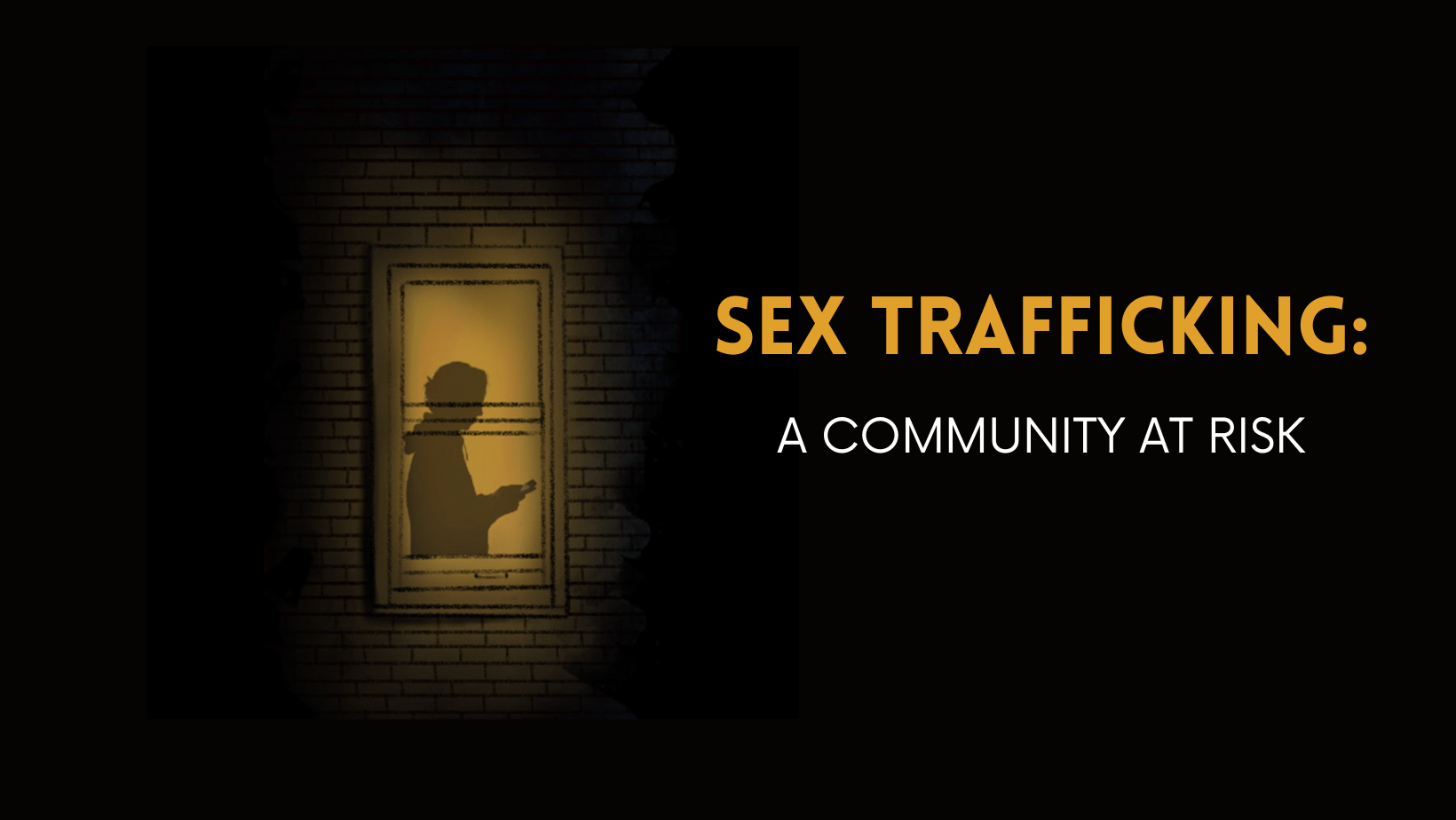For best viewing experience use a computer rather than a mobile phone or tablet
As schoolwork and the need for socializing pile up, students find themselves pushing one of the most important activities out of their schedules — sleep.
“I usually wake up around 10 minutes before class.”
That’s junior Dylan Margolis. It’s 8:10 a.m. when he opens his eyes to the sound of his phone playing “By the Seaside.”
Rolling out of the lower bunk, Margolis sleepily slips on his back brace and trudges over to his bathroom counter to brush his teeth. With three minutes left until class, he logs onto his PC, which he’s ironically named Hal after HAL 9000 from “2001: A Space Odyssey.”
The conga drums of “Africa” by Toto echo through the computer’s speakers as the red eye of Hal stares at Margolis through his PC screen.
It’s now 9:50 a.m, and the middle of Margolis’s second class of the day. A look at the clock reminds Margolis of his grumbling stomach and his long day ahead. His five classes — four of which are advanced placement — slowly tick by as the hands on the clock approach 3:25 p.m., the end of the school day, and soon, the start of paste-up, where Margolis must put together his page for the upcoming Octagon issue. He calls it a night at 3 a.m., having finished his homework and arriving at a suitable stopping point for his page. He’ll get five hours of sleep again.
Margolis said he doesn’t regret getting little sleep. He would rather stay up and finish his assignments to do well in school or socialize with his friends than get more than six hours of sleep.
“Sleeping is for the weak,” he joked.
Margolis isn’t alone, either. Sleep deprivation is a widespread problem in high schools across the country — seven out of 10 teenagers get less than eight hours of sleep, according to a 2015 survey done by the Centers for Disease Control and Prevention(CDC).
Sleep deprivation has also permeated the Country Day bubble.
Thirty-six of 51 high school students who responded to an Octagon informal poll on Jan. 23 said they got seven or fewer hours of sleep on average. Thirty-one students said schoolwork, or stress stemming from it, keeps them burning the midnight oil.
70% of high schoolers polled get fewer than seven hours of sleep
Dr. Kapil Dhawan, who specializes in pulmonary and sleep medicine at Pulmonary Medical Associates in River Park and father of seventh grader Eesha Dhawan, said nine to 10 hours of sleep is ideal for teenagers.
“When you are sleep deprived, unfortunately, you are depriving yourself of rapid eye movement sleep,” Dhawan said.
Rapid eye movement sleep, or REM, usually occurs in multiple phases later in the night and is one of the most important phases of sleep because a lot of body maintenance happens during it, such as memory consolidation and hormonal changes, Dhawan said.
In academics, sleep deprivation is problematic. Sleep-deprived students experience poor memory recall, longer reaction times, and a harder time focusing and learning.
Dhawan said another worry with sleep-deprived teenagers is when they are learning to drive.
“When you are sleep deprived, your response times are slower, so your ability to respond to the external environment or react to somebody who might hit you is affected,” he said.


